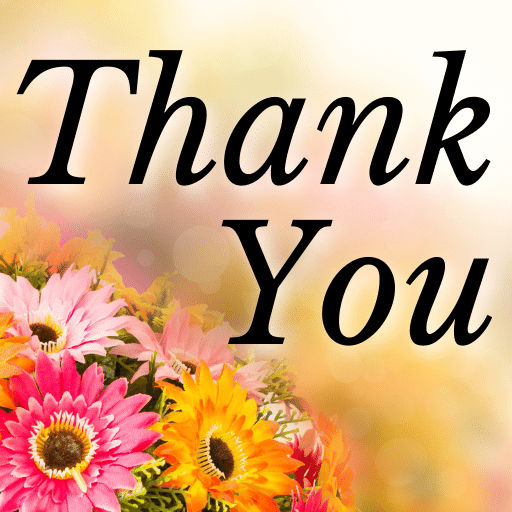Parshas Tzav
Thanks For The Miracles!
“If he offers it for a thanksgiving offering….” (Vayikra 7:12)
A young man had a baby girl after one year of marriage. He asked Rav Shach zt”l if he had to make a kiddush to celebrate the occasion. Rav Shach asked him, “Suppose you were married for eight years without children? If you would have had a baby girl at that point, would you then question whether or not to make a kiddush?” Certainly, you would not! “Now that Hashem saved you from seven years of anguish, shouldn’t you be even more inclined to express your gratitude to Hashem?”
The Torah (Vayikra 7:12) discusses the korban todah, the sacrificial offering of thanks. Rashi says that the korban todah was brought when one was miraculously saved from one of four events. One who traveled over a sea or a desert and arrived safely, one who was released from prison, or one who had been healed from a serious illness brought this sacrifice.
Rav Yosef Chaim Sonnenfeld zt”l asks a very insightful question. The four examples of deliverance that Rashi mentioned are great occurrences but why does Rashi call them miracles? They don’t compare to the miracle of Kriyas Yam Suf or other open miracles that are recorded in the Torah. The answer is that these are “hidden miracles” for which one must be thankful. For example, we take modern medicine for granted. However, it was not long ago that people died from illnesses for which we now have medications or operations.
We learn from this that we must thank Hashem not only for the “major miracles”, but also for many everyday events that are also miraculous.
The Talmud (Brachos 7B) states that no one ever thanked Hashem until our Matriarch, Leah, thanked Hashem upon the birth of her fourth son, Yehudah. Leah was a prophetess and knew that our forefather Yaakov would have 12 sons. Yaakov had 4 wives. Leah assumed that each wife would give birth to three sons. When Leah gave birth to her fourth son, she realized that Hashem had granted her more than “her portion”. Thus, Leah had said (Beraishis 29:35), “This time I will thank Hashem.” Many are puzzled by this Gemorah. There were others before Leah who thanked Hashem! Why is Leah considered the first?! The Chida (Petach Einayim on Brachos) says that the first man, Adam, thanked Hashem. Adam declared,”.’מזמור שיר ליום השבת וכתיב טוב להודות לד”. “A psalm, a song for the Shabbos day…. It is good to thank Hashem and to sing praise to His name.” Noach also gave thanks when he offered burnt offerings of thanksgiving to Hashem after the flood. The Chizkuni explains that Noach acted like the sailors in the story of Yonah, who after having been saved from a great storm, immediately brought offerings to Hashem, in thanks for their deliverance. Sarah also said (Braishis 21:7), “Who would have said to Avraham that Sarah would suckle children! Yet I have borne a son in his old age.” The Da’as Zekanim says that this was a way of giving thanks to Hashem.
In that case, how can we understand this Gemorah? The answer is that until Leah, people thanked Hashem for open miracles. Leah was the first to thank Hashem for an event that seemed “natural”, a “hidden miracle”. Nowadays, we take a healthy childbirth for granted because it is so common. We must remember that it, too, is a miracle. We must be thankful that we can walk, that we can breathe, that we can see, etc….
When the chazan repeats Shmone Esrei and says Modim, the congregation recites a different version of the prayer, called Modim d’Rabbanan. No-where-else in the chazan’s repetition of Shmone Esrei does this take place. Rather, the chazan recites the repetition of the Shmone Esrei on behalf of the tzibbur. The Avudraham explains that you can appoint a representative to pray for health, livelihood, etc. But you cannot appoint a representative to say thank you for you. You have to say that yourself!
We must constantly be appreciative of all the good with which Hashem showers us.
We should express our gratitude to Hashem for the seemingly natural, “hidden miracles”
which Hashem regularly performs on our behalf.
(based on Rabbi Yissocher Frand in Rabbi Frand on the Parashah 3)



